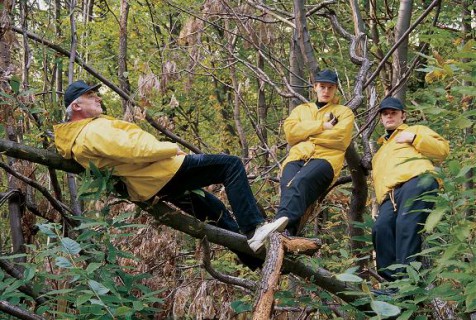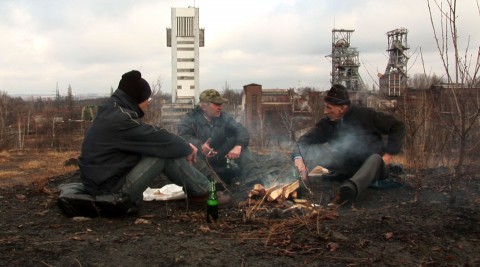The starting point of the exhibition are changes in the ideas and practice of work and leisure in post-socialist countries of Eastern Europe.
The basis of this transformation lies in the transition from industrial and agricultural production to new capitalism, which is also based on the intangible production of symbols and images. This is where the works of contemporary artists come in: they combine economic issues and conditions within art with the new economic model.
The artists’ reflections revolve around inherent contradictions and absurdities. They are interested in the ideological basis of current working conditions and reflect their own position in this context. The exhibition presents works that raise questions about changed production conditions in transforming Eastern Europe, especially about new working concepts. Can artists constitute a symbolic capital and new social forms where, in the course of the transformation, secure jobs disappear and the social relationships and leisure models characterized by outdated employment relationships are dissolved?
“Workers leave the factory” – is the title of the famous essay film by Harun Farocki, which deals with various cinematic representations of this theme in the industrial age. But what happens to workers who have left their factory long ago because they usually no longer exist? They reappear as actors of artistic production in an immaterial form in the “social factory”, the museum.
Curator Joanna Sokołowska, scholarship holder of the curator scholarship of the Cultural Foundation of the Free State of Saxony and prizewinner of the Dr. med. Klaus Schaffner Prize
Joanna Sokołowska is now curator and art historian, she works for the Muzeum Sztuki in Łódź, Poland. She is mainly in interested in artistic cartographies of the world-ecology and economy, and in art as a model for future ecologies of collective life forms.

